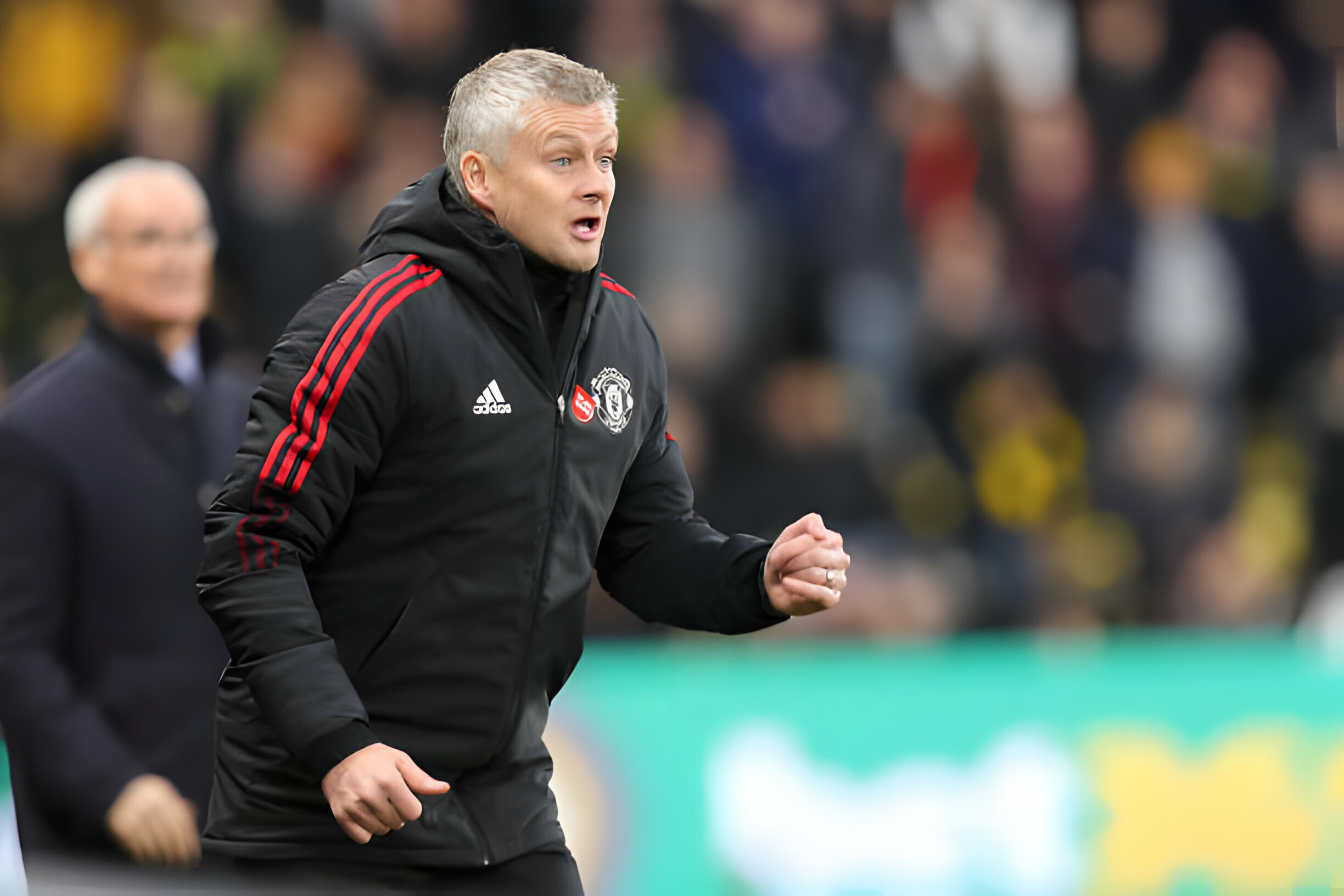The return of Cristiano Ronaldo was one of the most anticipated moments of the season, with fans eager to see the former Ballon d’Or winner back in red. But as the season came to a close, it became clear that Ronaldo’s comeback had unexpected consequences, causing unexpected problems for him and the team.
Cristiano Ronaldo Interview and Departure
At the end of Ronaldo’s second spell at Man Utd, he gave an interview to Piers Morgan in which he accused his manager, Eric ten Hag, of being a “bad manager”. This interview would prove to be the final straw, leading to Ronaldo leaving the club in a blaze of controversy and dissension.
Insights from Ole Gunnar Solskjær
Former Manchester United manager Ole Gunnar Solskjær, in a candid discussion on the Stick to Football podcast, offered valuable insights into the challenges posed by Ronaldo’s return. Solskjær acknowledged the initial excitement surrounding Ronaldo’s signing but highlighted the subsequent difficulties encountered in integrating him into the team’s tactical framework.
Initial Excitement and Realization
Solskjær candidly admitted that the decision to sign Ronaldo was made hastily, driven by a combination of excitement and ambition. However, as the season progressed, Solskjær soon realized the implications of Ronaldo’s presence on the team’s playing style. The manager conceded that accommodating Ronaldo necessitated a departure from their established tactical approach, leading to a fundamental shift in the team dynamics.
Challenges Faced with Cristiano Ronaldo in the Team
Tactical changes were one of the biggest challenges during Ronaldo’s time at the club, particularly when it came to pressing and offensive strategies.
Solskjær stressed that Ronaldo’s style of play presented a unique set of challenges, which necessitated different approaches to get the most out of him while keeping the best possible team together.

Impact on Team Dynamics and Style of Play
The repercussions of Ronaldo’s presence reverberated beyond the pitch, affecting team morale and cohesion. Solskjær lamented the departure of players like Dan James, whose playing style aligned more closely with the team’s tactical ethos. The integration of Ronaldo necessitated sacrifices and compromises, leading to a departure from their identity as one of the league’s most pressing teams.
Conclusion: Lessons Learned
In hindsight, the decision to bring Cristiano Ronaldo back to Old Trafford was met with mixed results. While his return undoubtedly generated excitement and anticipation, it also posed significant challenges for the team, ultimately contributing to Solskjær’s departure as manager. As the footballing world reflects on Ronaldo’s tenure at Manchester United, it serves as a reminder of the complexities inherent in player acquisitions and the importance of aligning individual talents with collective objectives.
